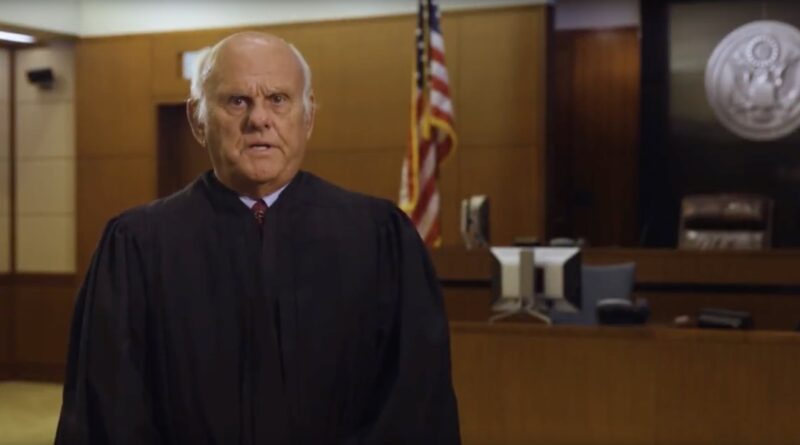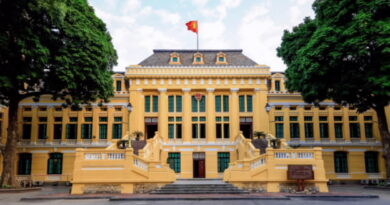Judge Blocks Trump’s New Birthright Citizenship Order
A federal judge in Seattle has issued a temporary restraining order blocking the enforcement of an executive order signed by former President Donald Trump to curtail the right to automatic birthright citizenship in the United States. The order, described as “blatantly unconstitutional,” was set to take effect on February 19 and has already sparked intense legal battles, becoming the subject of five lawsuits.
US District Judge John Coughenour, appointed by Republican former President Ronald Reagan, ruled against the order after hearing arguments from Democratic-led states and civil rights groups. Judge Coughenour responded to the request for a restraining order filed by attorneys general from Washington, Arizona, Illinois, and Oregon. Lane Polozola, Washington’s assistant attorney general, emphasised during the hearing that the order’s immediate impact would strip citizenship rights from children born to non-citizen parents in the US. Polozola stated:
“Under this order, babies being born today don’t count as US citizens.”
After granting the restraining order, Judge Coughenour remarked on the extreme constitutional violations posed by the executive order. Polozola, speaking outside the courthouse, said:
“To hear the judge from the bench say that in his 40 years as a judge, he has never seen something so blatantly unconstitutional sets the tone for the seriousness of this effort.”
Trump’s executive order directed US agencies to deny citizenship to children born in the United States if neither parent is a US citizen or a legal permanent resident. This would have immediate and far-reaching consequences, including barring such children from obtaining Social Security numbers, government benefits, and lawful employment in the future. According to estimates, over 150,000 newborns annually would lose their citizenship rights under this policy.
The policy is a part of the Trump administration’s broader efforts to address immigration challenges, particularly at the southern border. The Justice Department defended the order in a court brief, calling it an “integral part” of Trump’s attempt to reform the nation’s immigration system. However, critics argue that the executive order directly violates the 14th Amendment of the Constitution, which guarantees citizenship to all individuals born on US soil.
The 14th Amendment, adopted in 1868 following the Civil War, was designed to ensure citizenship for all individuals born in the US, regardless of the status of their parents. It overturned the Supreme Court’s infamous Dred Scott decision, which had denied citizenship and constitutional protections to enslaved Black individuals.
RELATED: Trump Orders Transgender Inmates sent to Men’s Prison
The Justice Department contended that the 14th Amendment’s citizenship clause does not apply universally and cited the Supreme Court’s 1898 decision in United States v. Wong Kim Ark as pertaining only to children of permanent residents. However, Democratic attorneys general and civil rights groups maintain that the precedent established by the Wong Kim Ark decision unequivocally grants citizenship to children born in the US, regardless of their parent’s immigration status.
Democratic attorneys general and civil rights advocates argue that the executive order contradicts over a century of legal understanding surrounding the 14th Amendment. They also point out that the lawsuits highlight the states’ interest in protecting their residents’ constitutional rights. In contrast, the Justice Department claimed that states lack the legal standing to challenge the executive order, stating that only individuals could file such claims.
Additionally, 36 Republican members of Congress have introduced legislation to restrict birthright citizenship to children of US citizens or lawful permanent residents, reflecting broader support among conservatives for Trump’s policy.
This case has drawn attention to the Trump administration’s immigration agenda and its constitutional implications. As debates over the executive order unfold, this moment underscores the importance of independent, fact-based journalism to hold powerful institutions accountable. With significant changes and challenges in governance, such as this immigration policy, the role of the media in scrutinising the human impact of political decisions remains crucial.
Content Credit| Oyedepo Oluwafifedoyinsola Precious
Picture Credit | https://www.themarshallproject.org/




